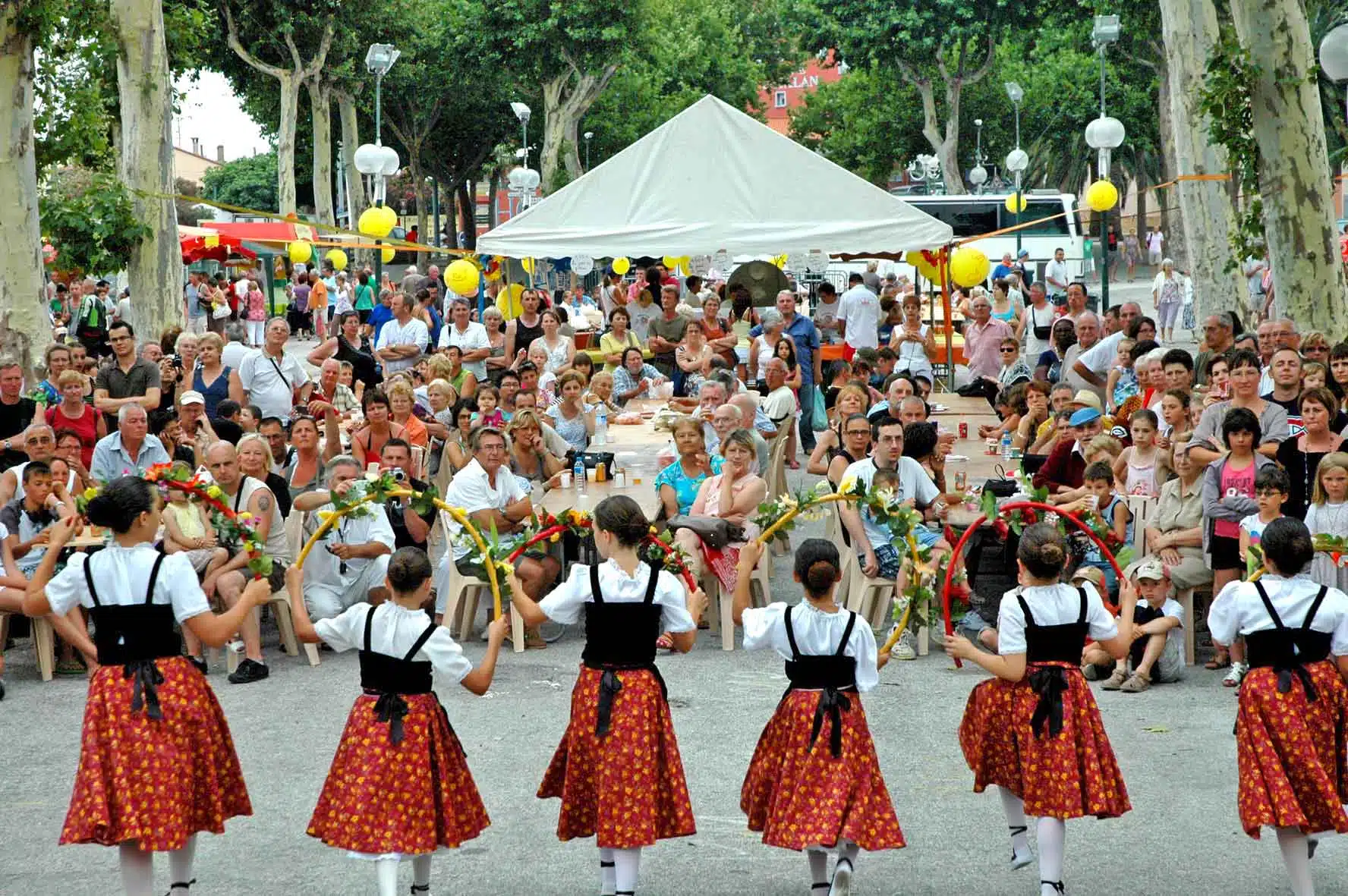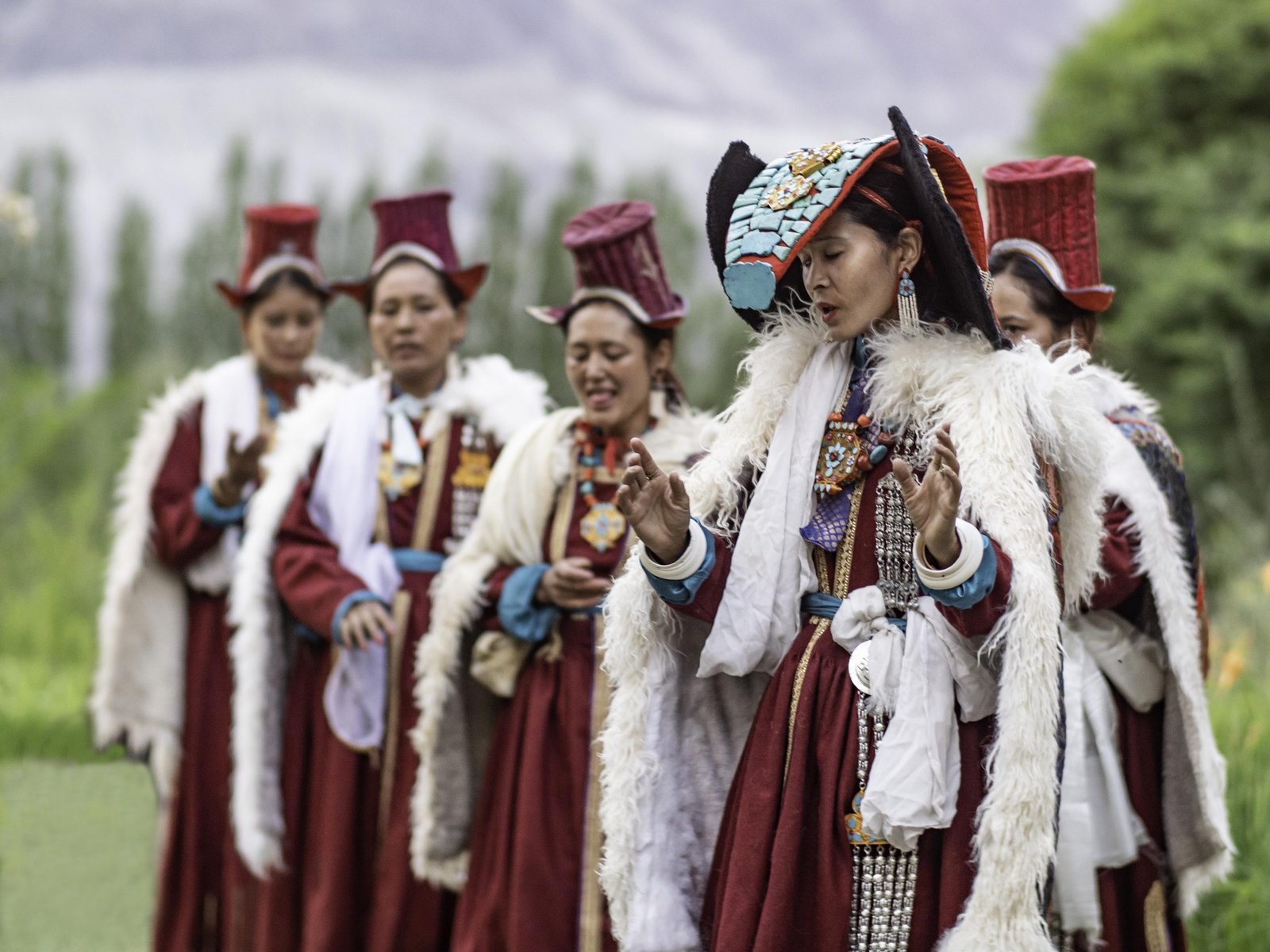Malatya, nestled in eastern Turkey, is not only celebrated for its historical landmarks and natural beauty but also boasts a rich cultural heritage that reflects its diverse influences and traditions. From ancient customs to modern festivities, Malatya’s cultural tapestry offers visitors a glimpse into its vibrant past and dynamic present.

Local Traditions and Customs
Malatya’s cultural identity is deeply rooted in its local traditions and customs, which have been passed down through generations. Hospitality plays a central role in Malatyan culture, with locals known for their warm welcome and generosity towards guests. Traditional clothing, music, and dance are integral parts of community gatherings and celebrations, showcasing the region’s unique cultural expressions.
Festivals and Celebrations
Throughout the year, Malatya hosts a variety of festivals and celebrations that highlight its cultural diversity and heritage. One of the most anticipated events is the Apricot Festival, held annually during the apricot harvest season in July. This festival pays homage to Malatya’s renowned apricot orchards, featuring parades, music performances, folk dances, and culinary contests centered around apricot-based dishes and desserts. Visitors can sample a wide array of apricot delicacies, including jams, preserves, pastries, and traditional Turkish sweets like “kayısı tatlısı” (apricot dessert).
Other cultural festivals in Malatya include religious holidays such as Eid al-Fitr and Eid al-Adha, which are celebrated with prayers, feasts, and charitable acts. Local arts and crafts festivals also showcase the talents of Malatya’s artisans, offering handmade goods ranging from ceramics and textiles to jewelry and traditional musical instruments.
Apricot Cuisine: A Culinary Delight
Malatya’s culinary tradition is synonymous with apricots, which thrive in the region’s fertile soil and favorable climate. Apricots are not only enjoyed fresh during the summer months but also preserved and used in a variety of dishes throughout the year. Some popular apricot-based dishes include:
- Kayısı Dolması: Apricots stuffed with a mixture of rice, nuts, and spices, simmered in a sweet and savory sauce.
- Kayısı Kebabı: Grilled kebabs featuring apricots marinated in a tangy sauce, served with meat or vegetables.
- Kayısı Reçeli: Apricot jam or preserves, often spread on bread or served alongside cheeses and desserts.
- Kayısı Tatlısı: A traditional Turkish dessert made from apricots stewed in sugar syrup, served with clotted cream or ice cream.
Apricots are also used to flavor beverages, including juices, teas, and cocktails, adding a refreshing twist to traditional Turkish drinks.
Preserving Cultural Heritage
Efforts to preserve Malatya’s cultural heritage are evident in initiatives to safeguard traditional crafts, promote local artists, and educate younger generations about their heritage. Museums and cultural centers in Malatya showcase artifacts, artworks, and historical documents that illuminate the city’s past and ongoing cultural contributions.
Conclusion
In conclusion, Malatya’s cultural heritage is a testament to its resilience, creativity, and deep-rooted traditions. From lively festivals and culinary delights to cherished customs and artistic expressions, Malatya invites visitors to immerse themselves in a cultural journey that celebrates its past and shapes its future. Whether savoring apricot-infused cuisine, participating in festive celebrations, or exploring local crafts, Malatya offers a vibrant tapestry of experiences that embody the essence of eastern Turkey’s cultural diversity and vitality.

